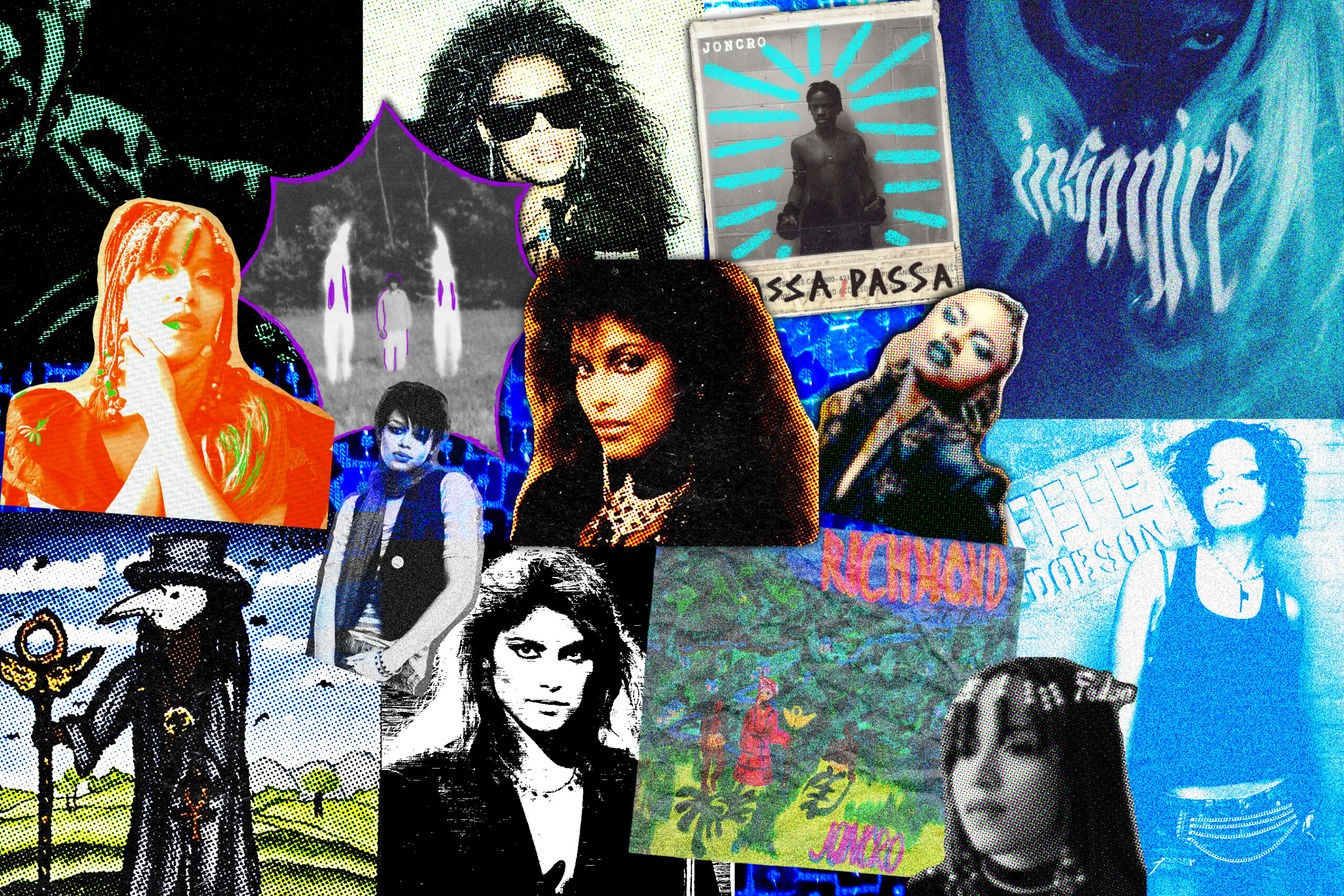Living Hyphen launches its third magazine issue, ‘Healing Across Generations’
By: Anna-Giselle Funes-Eng

Content Warning: This piece discusses generational trauma.
There is an ever-present longing for what has been taken away and left behind that Canadian immigrants and people who have experienced displacement know well. It runs deep through generations, and many of them turn to art as a healer and outlet. The voices of those Black, Indigenous and peoples of colour (BIPOC), whose “home” is somewhere in between cultures, often go unheard and grossly underrepresented.
Living Hyphen is a community that serves as a safe space for those voices and seeks to nurture and amplify them through its writing workshops and literary magazine. Their third printed publication, “Healing Across Generations” was released on Oct. 28. It features 60 pieces of prose, poetry, short stories and photography.
The launch was marked with a party at Page One Café near the Toronto Metropolitan University campus, where I got the chance to speak to founder Justine Abigail Yu, who launched Living Hyphen with its first magazine issue in 2018.
Yu said she created Living Hyphen to bridge the gap between the lack of mainstream representation of everyday immigrant and BIPOC stories and the many people looking to share their experiences. For this edition alone, they received around 800 submissions, according to Yu.
“There are people out there who need that extra push, that nurturing, because our society has not nurtured Indigenous, Black and racialized writers and storytellers … honestly, that’s been the drive for me,” Yu expressed.
Justine’s mother, Jocelyn Yu, known affectionately in the community as Mama Yu, is Living Hyphen’s publisher, investor and self-proclaimed “Money Mama.”
Mama Yu said that through growing Living Hyphen along with her daughter, she has learned and unlearned so much. It has brought her peace in her journey of healing.
“I’ve always believed that healing is not possible unless you know the past,” Mama Yu said.
There is an ever-present longing for what has been taken away and left behind that Canadian immigrants and people who have experienced displacement know well
Many of the featured artists focused not only on the hurt of having to leave home, but the disconnect from the culture that comes with it.
May Lui, a contributor for Living Hyphen, explored searching for healing in connection in her piece. She wrote about her two grandmothers and reconciling with the Chinese grandmother she never knew.
For Lui, writing about her experience with loss and hearing of others’ similar journeys through platforms like Living Hyphen, has been a source of healing.
“You heal through time, you heal through talking about it, you absolutely heal through writing,” Lui said.

As someone who identifies as BIPOC and biracial, I’ve always identified with both sides of myself culturally, but have never felt fully connected or seen.
I don’t often see myself reflected in the people around me or in the stories I’ve read. I don’t speak Cantonese or Spanish and it’s always been hard for me to communicate and connect with my family. I’ve always felt split down the middle. I grew up feeling as though I existed somewhere liminal: in the indeterminable in-between of my cultures. It is rare to see myself represented.
As I stood surrounded by people sharing their stories of healing out loud, I finally felt heard. I used to think I was alone in those experiences.
Representation in art serves as a powerful reminder that no one is alone.
The trauma of generational hurt can be reclaimed as something that fosters community as we set out to heal. Searching for parts of ourselves that have been lost to upheaval and oppression; reclaiming that power is a resistance to every and any force that would set out to keep us silent.




